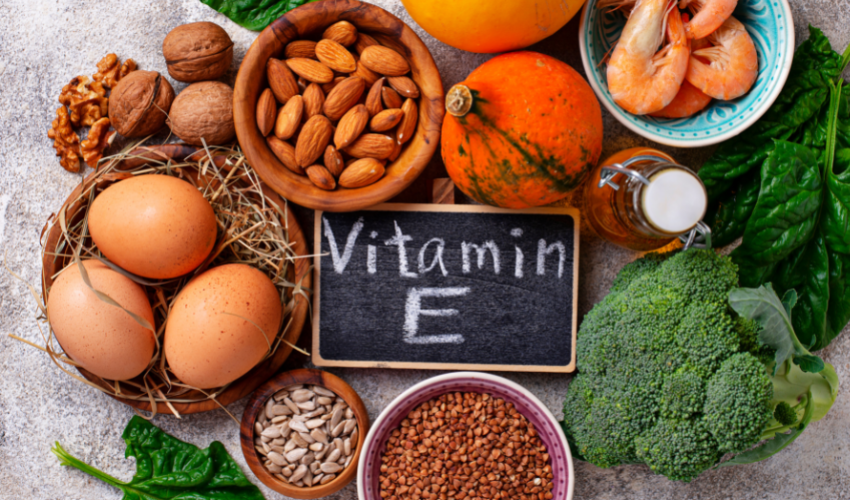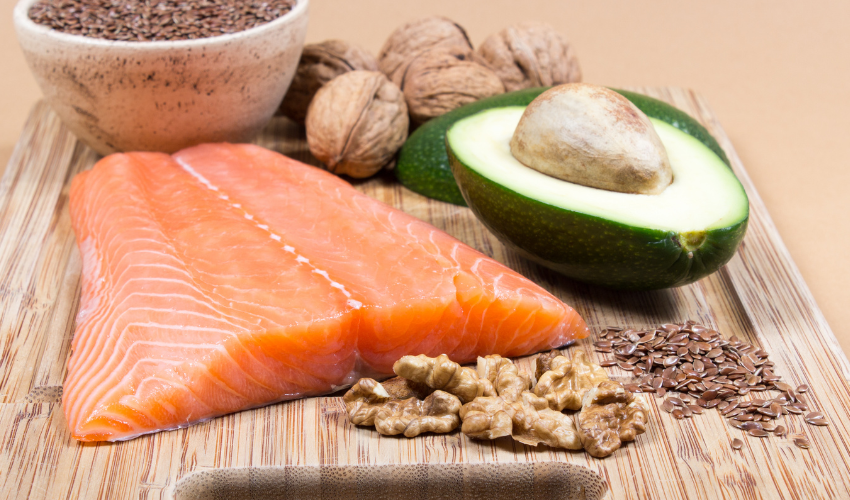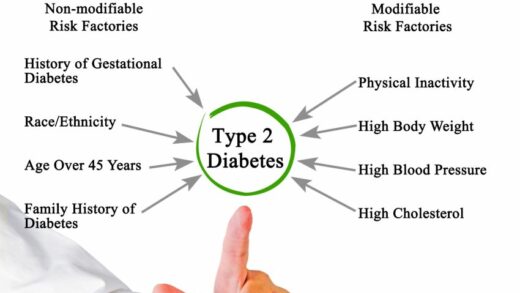Your brain is the control center of your body, responsible for regulating all bodily functions and processing sensory information. To keep it functioning at its best, you need to provide it with the right nutrients, including vitamins. Vitamins are essential for brain health as they play a crucial role in the production of neurotransmitters, which regulate mood, memory, and cognitive function.
In this article, we’ll explore the top vitamins for brain health and their benefits. We’ll also discuss dietary sources and recommended intake to help you make informed decisions about your nutrition.
Vitamin B Complex:

1. What is Vitamin B Complex?
2. How does it benefit brain health?
3. What are the dietary sources of Vitamin B Complex?
4. What is the recommended intake of Vitamin B Complex?
- Improves cognitive function and memory
- Reduces stress and depression
- Boosts energy levels
- Promotes healthy brain aging
- Sources: whole grains, leafy greens, dairy products, eggs, nuts, and seeds
- Recommended intake: 2.4 mcg of B12, 1.3 mg of B6, and 400 mcg of folic acid daily
Vitamin D:

1. What is Vitamin D?
2. How does it benefit brain health?
3. What are the dietary sources of Vitamin D?
4. What is the recommended intake of Vitamin D?
- Enhances brain development and function
- Regulates mood and sleep patterns
- Reduces inflammation and oxidative stress
- Sources: sunlight, fatty fish, egg yolks, and fortified foods
- Recommended intake: 600-800 IU daily
Vitamin E:

1. What is Vitamin E?
2. How does it benefit brain health?
3. What are the dietary sources of Vitamin E?
4. What is the recommended intake of Vitamin E?
- Protects against cognitive decline
- Reduces inflammation and oxidative stress
- Enhances blood flow to the brain
- Sources: nuts, seeds, vegetable oils, and leafy greens
- Recommended intake: 15 mg daily
Vitamin C:

1. What is Vitamin C?
2. How does it benefit brain health?
3. What are the dietary sources of Vitamin C?
4. What is the recommended intake of Vitamin C?
- Boosts neurotransmitter production
- Improves memory and attention
- Protects against age-related cognitive decline
- Sources: citrus fruits, berries, kiwi, peppers, and broccoli
- Recommended intake: 75-90 mg daily
Omega-3 Fatty Acids:

1. What are Omega-3 Fatty Acids?
2. How do they benefit brain health?
3. What are the dietary sources of Omega-3 Fatty Acids?
4. What is the recommended intake of Omega-3 Fatty Acids?
- Enhances brain function and memory
- Reduces inflammation and cognitive decline
- Regulates mood and improves mental health
- Sources: fatty fish (salmon, tuna, sardines), nuts and seeds (flaxseeds, chia seeds, walnuts), and fortified foods
- Recommended intake: 250-500 mg of EPA and DHA daily
FAQs:
Can taking vitamins improve my cognitive function?
Yes, certain vitamins like B complex, D, E, and C play a crucial role in brain health and can improve cognitive function, memory, and mood.
Can I get enough vitamins for brain health from my diet alone?
It’s possible to get enough vitamins for brain health from your diet, but it may be challenging to consume all the necessary nutrients in the recommended amounts. Taking supplements can help ensure you get the right amount of vitamins.
Are there any risks associated with taking vitamins for brain health?
Taking too much of certain vitamins can lead to adverse effects, so it’s essential to follow recommended daily intake guidelines. Always consult with a healthcare provider before starting any new supplement regimen.
Can vitamins prevent age-related cognitive decline?
Yes, some vitamins like B complex and E have been shown to protect against age-related cognitive decline and may even promote healthy brain aging.
What are some dietary sources of Omega-3 Fatty Acids for vegetarians?
Vegetarians can get Omega-3 Fatty Acids from sources like flaxseeds, chia seeds, walnuts, and fortified foods like soy milk.
Conclusion:
Incorporating vitamins for brain health into your daily diet can have a significant impact on your cognitive function, memory, and mood. By consuming foods rich in B complex, D, E, and C, and Omega-3 Fatty Acids, you can nourish your mind and maintain optimal brain health.
Always consult with a healthcare provider before starting any new supplement regimen and aim to consume a balanced and varied diet to ensure you get all the necessary nutrients for a healthy brain.






















